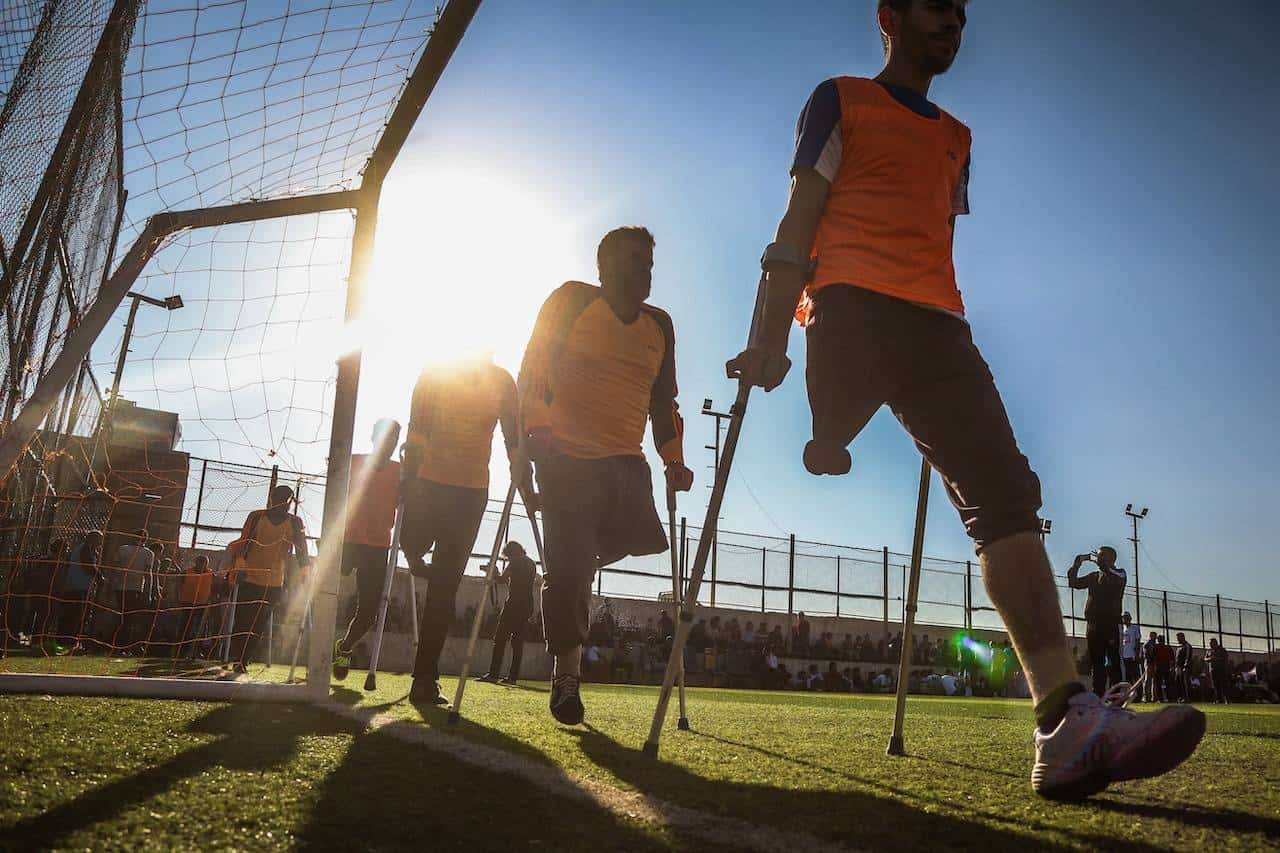A physical disability is any limitation or impairment that prevents a person from living a full and active life. There are many different types of physical disabilities, each with its own unique set of challenges.
The most common type of physical disability is a mobility impairment, which can make it difficult or impossible to walk, climb stairs, or even stand up from a seated position. Other common types of physical disabilities include sensory impairments (such as blindness or deafness), cerebral palsy, and muscular dystrophy.
While physical disabilities can be debilitating, it is important to remember that they do not have to prevent a person from living a fulfilling and meaningful life. With the right support, people with physical disabilities can lead rich and rewarding lives.
Some common types of physical disabilities include:
1. Dwarfism
Dwarfism is a condition characterized by an unusually short stature. People with dwarfism are often of normal intelligence and generally have a normal life expectancy. There are many different causes of dwarfism, and the condition can be either genetic or acquired.
2. Amputations
An amputation is the surgical removal of a limb or other body part. Amputations can be partial or complete and can be performed for various reasons, including trauma, infection, and disease.
3. Arthritis
Arthritis is a general term used to describe several different conditions that affect the joints. The most common type of arthritis is osteoarthritis, which is a degenerative condition that affects the cartilage in the joints. Other types of arthritis include rheumatoid arthritis and gout.
4. Cerebral Palsy
Cerebral palsy is a neurological disorder that affects muscle coordination and movement. The exact cause of cerebral palsy is unknown, but it is often the result of an injury to the brain during pregnancy or childbirth.
5. Cystic Fibrosis
Cystic fibrosis is a hereditary disorder that affects the lungs and digestive system. The main symptom of cystic fibrosis is the production of abnormally thick and sticky mucus, which can lead to lung infections and difficulty absorbing nutrients from food.
6. Muscular Dystrophy
Muscular dystrophy is a group of inherited disorders that cause muscle weakness and wasting. The most common type of muscular dystrophy is Duchenne muscular dystrophy, which primarily affects boys and typically leads to a loss of muscle function in the legs and arms.
7. Spinal Cord Injury
A spinal cord injury occurs when there is damage to the spinal cord that results in a loss of function, such as mobility or feeling.
8. Stroke
A stroke occurs when the blood supply to the brain is interrupted, causing brain cells to die. Strokes can lead to a wide range of disabilities, depending on the area of the brain affected.
9. Tourette Syndrome
Tourette syndrome is a neurological disorder that causes involuntary movements or vocalizations (tics). People with Tourette syndrome may also have other conditions, such as attention deficit hyperactivity disorder (ADHD) or Obsessive Compulsive Disorder (OCD).
10. Multiple Sclerosis
Multiple sclerosis is a chronic, degenerative disease that attacks the central nervous system. It can cause a wide range of symptoms, including muscle weakness, paralysis, and problems with vision, balance, and coordination.
Conclusion
There are many types of physical disabilities, each with its own unique set of symptoms and challenges. Some common types of physical disabilities include cerebral palsy, multiple sclerosis, and muscular dystrophy. Some less common types of physical disabilities include amputation, paralysis, and blindness.
Each type of physical disability presents its own challenges, and there is no one-size-fits-all approach to managing them. However, there are some general tips that can help people with physical disabilities live relatively normal, fulfilling lives. These include staying active and involved in social activities, using adaptive devices and technologies, and seeking out supportive resources and services.
If you’re looking for disability services in Sydney, you’ve come to the right place. At OSAN ABILITY, we provide a range of services to help people with disabilities live their best lives.
If you’re interested in finding out more about our services, or if you need help with something specific, please don’t hesitate to get in touch. We’re always happy to chat and answer any questions you might have.










